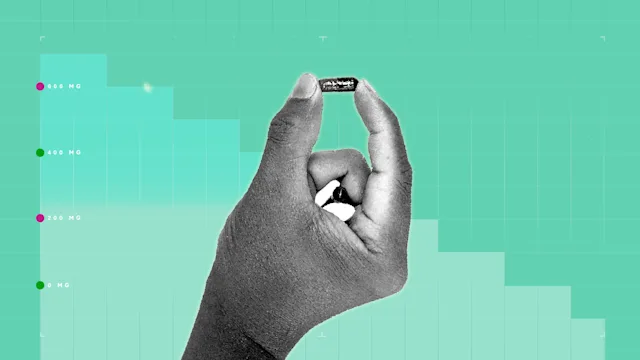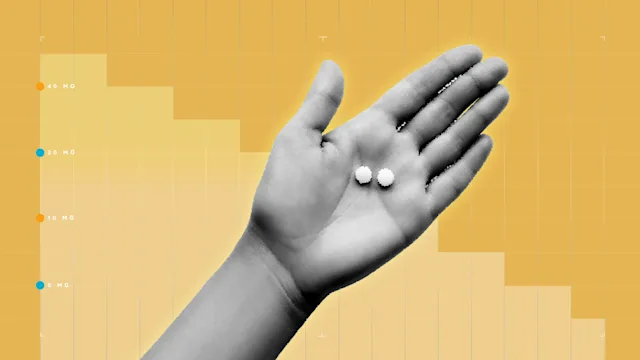Even if you get an ADHD diagnosis as an adult, that doesn’t mean your symptoms are brand new. In this video, mental health professionals discuss the myth of adult-onset ADHD and why the condition may have gone unnoticed during childhood.
Dr. Samuels is an assistant professor of clinical psychiatry and clinical pediatrics at Weill Cornell Medicine and an assistant attending psychiatrist at NewYork-Presbyterian Hospital.
Dr. Hartstein is the owner of Hartstein Psychological Services, a group psychotherapy practice in New York City.
References
Children and Adults with Attention-Deficit/Hyperactivity Disorder. (n.d.). Diagnosis of ADHD in adults.
Children and Adults with Attention-Deficit/Hyperactivity Disorder. (n.d.). Treatment of ADHD.
Geffen, J., et al. (2017). Treatment of adult ADHD: a clinical perspective. Therapeutic Advances in Psychopharmacology.

Why trust our experts?


Search and compare options












